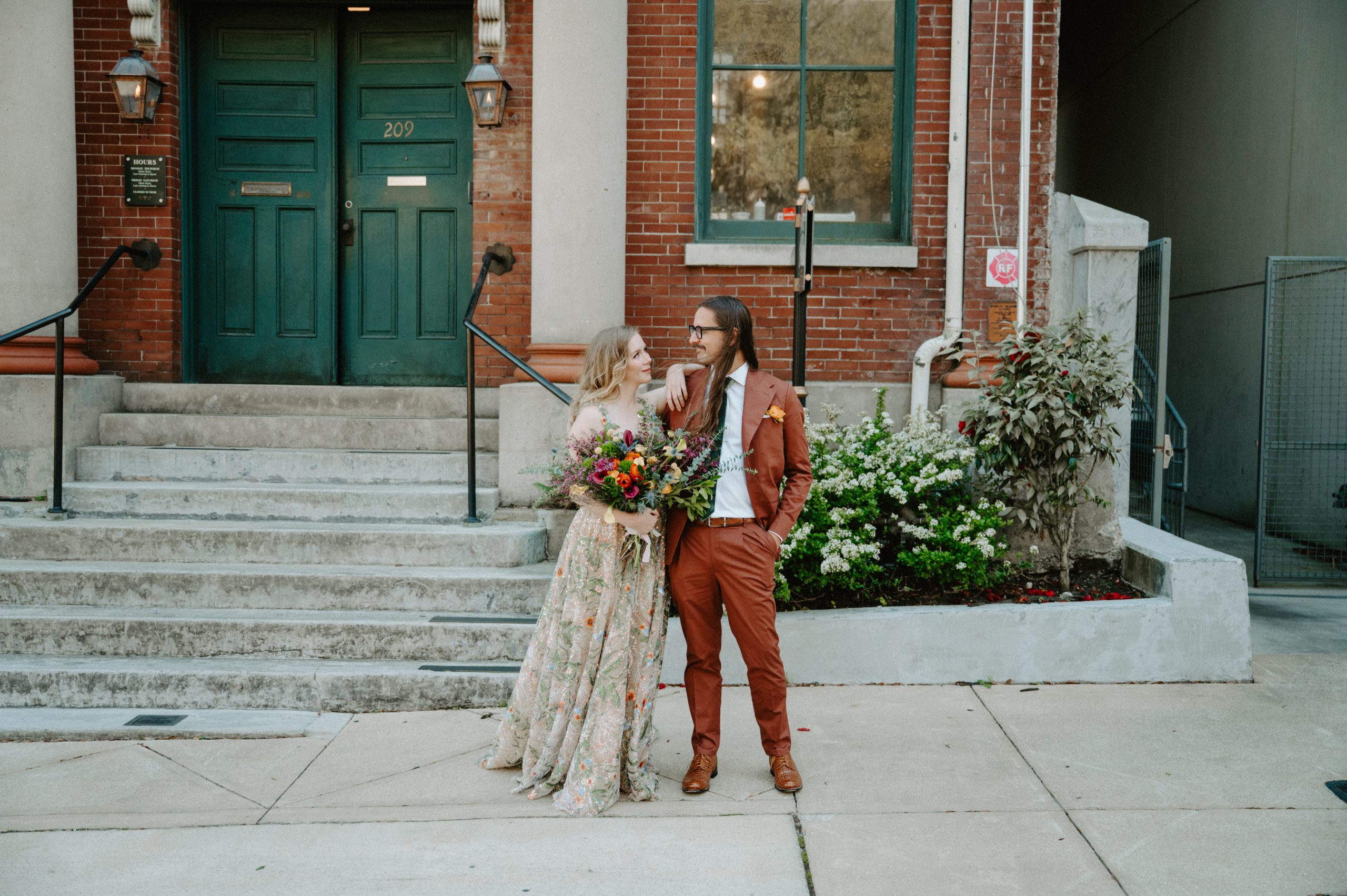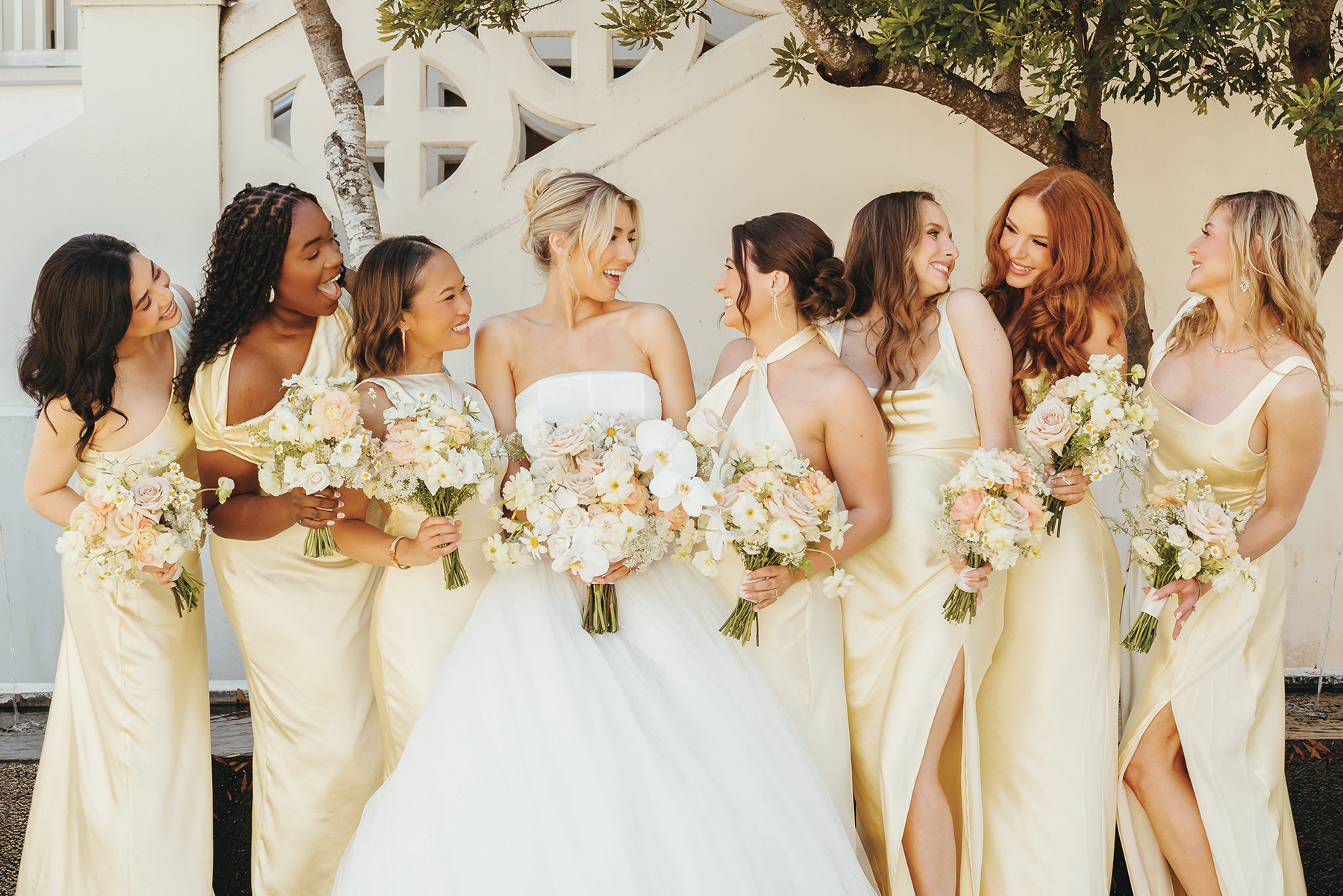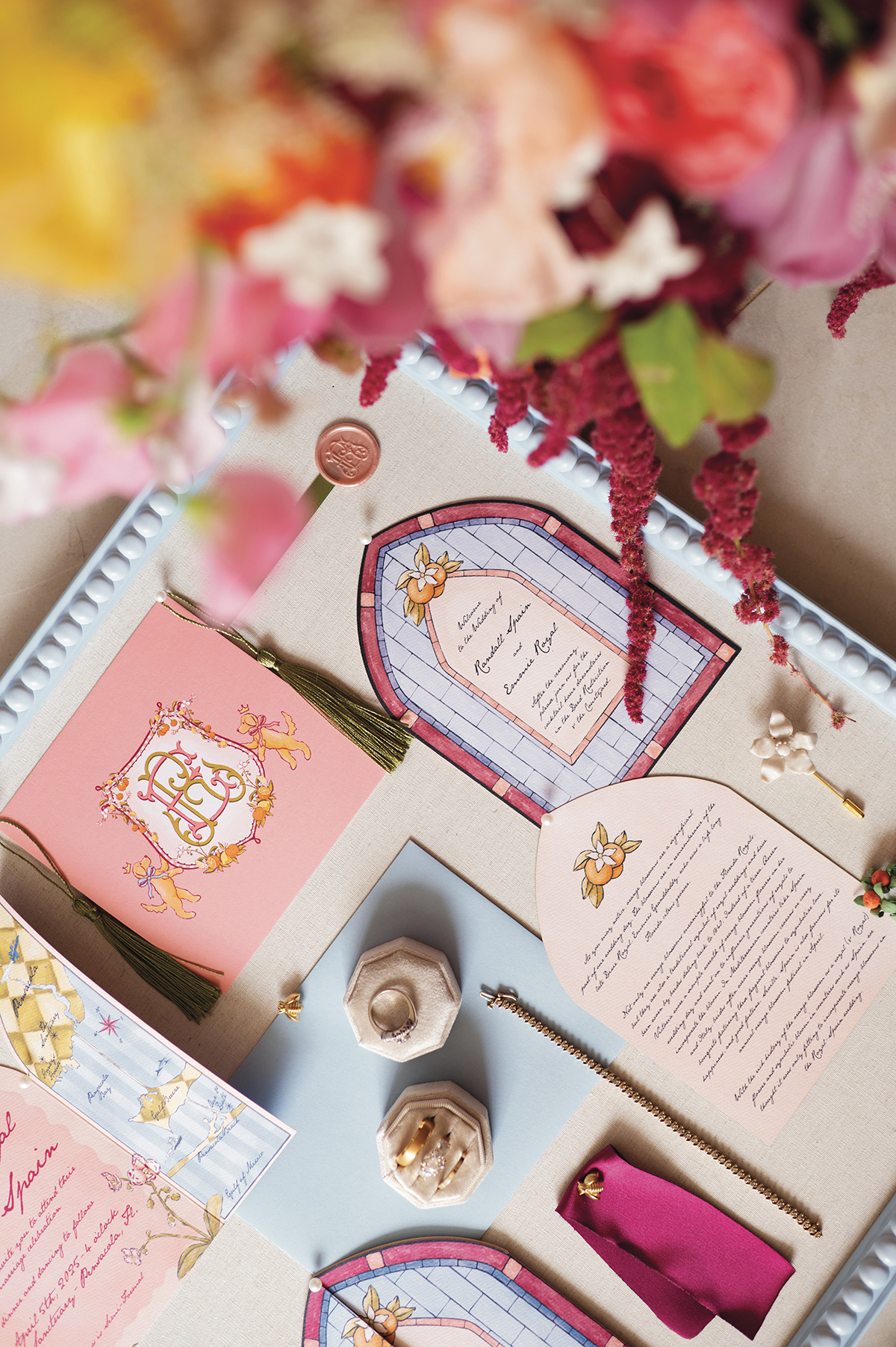10 Things To Do Once You’re Engaged
By Rebecca Padgett Frett
There’s a sparkling, shiny new addition to your jewelry box that you likely can’t stop staring at. You and your new fiancé are completely smitten. The engagement period is typically the shortest time in your relationship when compared to dating and marriage. It’s short but should be oh so sweet.
Planning a wedding is a major life moment, and while excitement swells it can also feel overwhelming. We’ve compiled a list of 10 things you should do in the first weeks to months of being engaged.
1. Announce
You’ve just experienced one of the happiest moments of your life, so of course you want to share it with your best people. If they weren’t present for the occasion, be sure to reach out to your closest family and friends first. If you’re able to tell them in person, that’s ideal. If not, a video call is optimal. That way, they can see the ring and you can see the reaction on their face. If a video call isn’t accessible, or for those you want to share the news with before it goes public but aren’t your closest loved ones, a photo and text are perfectly fine. It’s likely you’ll post to social media. Decide what you want that curated post to say and what photo best captures the moment. You may opt to send an engagement announcement via mail or email, this would also be a good opportunity to add engagement party details, should you choose to have one.
2. Insure Your Ring
That rock on your finger is worth a lot⎯both in dollars and sentiment. If your partner hasn’t already, be sure to get your ring insured. To do so, it can be added to your homeowners’ or renters’ policy, or you can elect a standalone jewelry policy.
3. Celebrate
Be in the moment. Take your time to celebrate and reflect on this monumental moment before you dive into planning. The day of, be fully present with your partner and loved ones. Spend the coming days and weeks soaking in all the congrats you will get on being a fiancé. Plan a celebration whether it be an intimate dinner with friends and family or a grand engagement party.
4. Seek Inspiration
Maybe, you’ve been planning your wedding for years on Pinterest. Possibly, you haven’t considered the details at all. No matter where you stand, it’s time to envision your day. Sit down with your partner and talk about what you both want to experience and what you want your guests to experience. Some questions could include: Intimate or large? Location? Time of year? What aspects are important to you such as catering, music, florals, etc.? This is a learning experience where you will agree, disagree, and compromise all to reach your ideal day. Once you have a vision in mind, head to Pinterest, social media, magazines, and blogs to get inspired.
5. Talk Budget
While it might be the most dreaded part of the planning process, it’s the most necessary. Will you as a couple solely be paying for the event or do you have help from other contributors? Is there any wiggle room? What are you willing to spend more on? What is the number you won’t budge on? Are there aspects where you can save? Seek budgeting tools or have a rough outline ready that your planner can help you refine.
6. Draft a Guest List
Your guest count is important because it can help you gauge what venues would work for you and can inform your budget based on how many people you would need to provide food and drinks for. For that reason, the order in which you do the budget or guest list could be interchangeable. Start with your must-haves, which includes your family, friends, and wedding party. From there, add friends, distant family, and acquaintances you would like to have there.
7. Have a Date in Mind
It doesn’t need to be an exact date, but having a month or time of year in mind will be helpful. Additionally, note any dates that you cannot do. If you have your heart set on an exact date or are limited to a specific timeline, know that your options for venues and vendors may be more limited, or you may have to wait an additional year.
8. Hire a Planner
If it’s in your budget, it’s a wise idea to hire a planner. A planner is a wonderful resource for negotiating, connecting with vendors, conceptualizing ideas, and taking care of all the little details. They are there to help you logistically and creatively, often saving you time, money, and stress. Seek out two to three candidates and schedule meetings with them in order to see if your personalities, vision, and work ethic are a fit. From there, your planner can accompany you on venue visits, help with the vendor search, and overall kickstart planning.
9. Tour Venues
Deciding on a venue is key to making other wedding decisions. Once you have the venue and the date, you can begin contacting vendors to ensure they are available for your date and location. By now, you should have decided the location where you would like to be married, whether it’s where you live, a destination wedding, or anything in between. You might be set on one venue, but it is still wise to tour it. Most couples visit a few venues. If you have a planner, they can help you work through the contract and ask the important questions.
10. Reach out to Vendors
Once your venue and date are secured, you can begin researching vendors. It’s best to have a top three list in each category, in the case that they are unavailable on your date. Reach out to your top choices first in hopes they are available. Much like with the venue, have a list of questions prepared and schedule a meeting or call to ensure it will be a fit.




